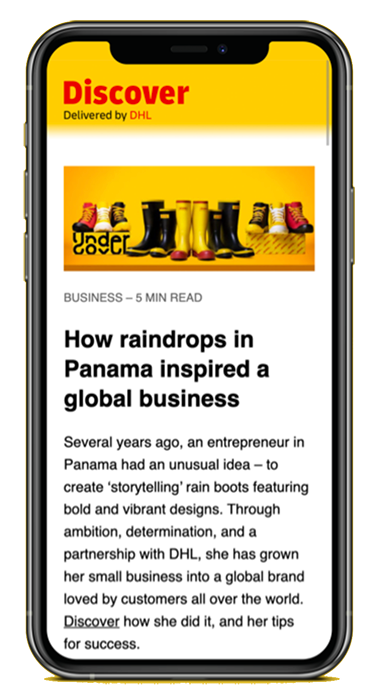Grow your business with the Discover newsletter
Logistics advice & insights straight to your inbox
Subscribe now
Temporary import refers to the procedure whereby you are allowed to import goods and items into the country so long as you do not intend on selling or exchanging them. Once your temporary import permit has expired, you would then have to export your goods out of the country back to where you initially imported them from.
This article aims to cover the procedure, temporary import documents, and conditions that must be followed concerning temporary import and how it is related to ATA carnet.
Signing a temporary import bond enables you to import goods and items into Malaysia without paying customs duties and taxes. Instead, you are required to pay a deposit equal to the pertaining duties and taxes on your imported items. This sum will be refunded to you when your goods are returned to their place of origin within three months or as otherwise approved by the relevant authorities.
If you need an extension of time, you should apply before the deadline for your re-exportation. The clause under the temporary import bond clearly states that if your imported goods are not exported back to where they came from by the stipulated date given by the Director General of Customs, the customs duties and taxes will be deducted from your deposit according to the most updated customs import rate.
To start the temporary import procedure, one would have to fill out and submit an application form as part of the import documentation requirements to the Director General of Customs in Malaysia. The director will determine if your application requires additional imposition before approving or denying it.
After the approval is granted, you will still require other supporting temporary import documents relevant to any regular import of goods. These include, but are not limited to:
Packing Lists
Bill of Lading
Air Waybill
Sanction letters if relevant
And a permit or licence if needed.
Only after all your documents are approved, then can you begin your temporary import process.
There are only a few types of goods and items allowed under temporary import in Malaysia. Imported goods that fall under the temporary import categories, such as investigation, demonstration, exhibitions, musical performances, sporting events, evaluation, and repair, are allowed into the country.



ATA carnet or ATA Malaysia refers to an international customs document that enables the temporary import and export of goods within 77 countries. In Malaysia, carnets are issued by the Malaysian International Chamber of Commerce and Industry (MICCI) and can be used in a variety of countries.
The advantage of ATA carnet over temporary import lies in the fact that one customs document can be used for all customs transactions in many countries, simplifying the temporary customs procedure for multiple items. Customs carnet clearance still requires a deposit that will amount to 50% of the value of the goods covered or the highest rate of customs duty applicable in the country that the goods are being exported to. Items allowed under the ATA carnet clearance procedure include commercial samples, professional equipment, and exhibition-related goods.
Customs carnet procedures enable greater freedom when needing a temporary import or export process. For example, an exhibition in many major cities in South-East Asia would use the ATA carnet process so that the materials and goods could move freely between countries without having to reapply for temporary import constantly.
We understand that Malaysia’s customs are complex and can be subject to change, sometimes with little to no warning. Hence, for up-to-date information on clearance regulations, processing times, or applying for a temporary import permit and ATA, it is advisable to consult with government officials or a professional logistics firm. That way, you can be assured that your business is guided through the procedures and required legalities.